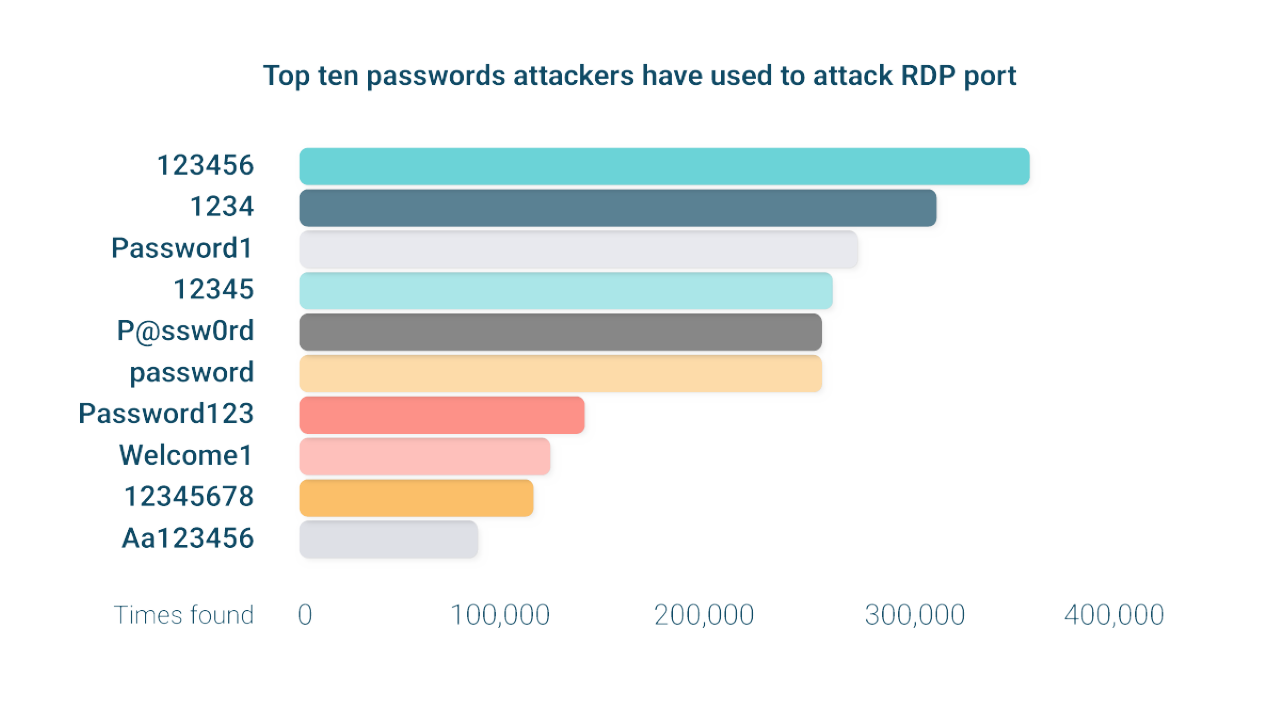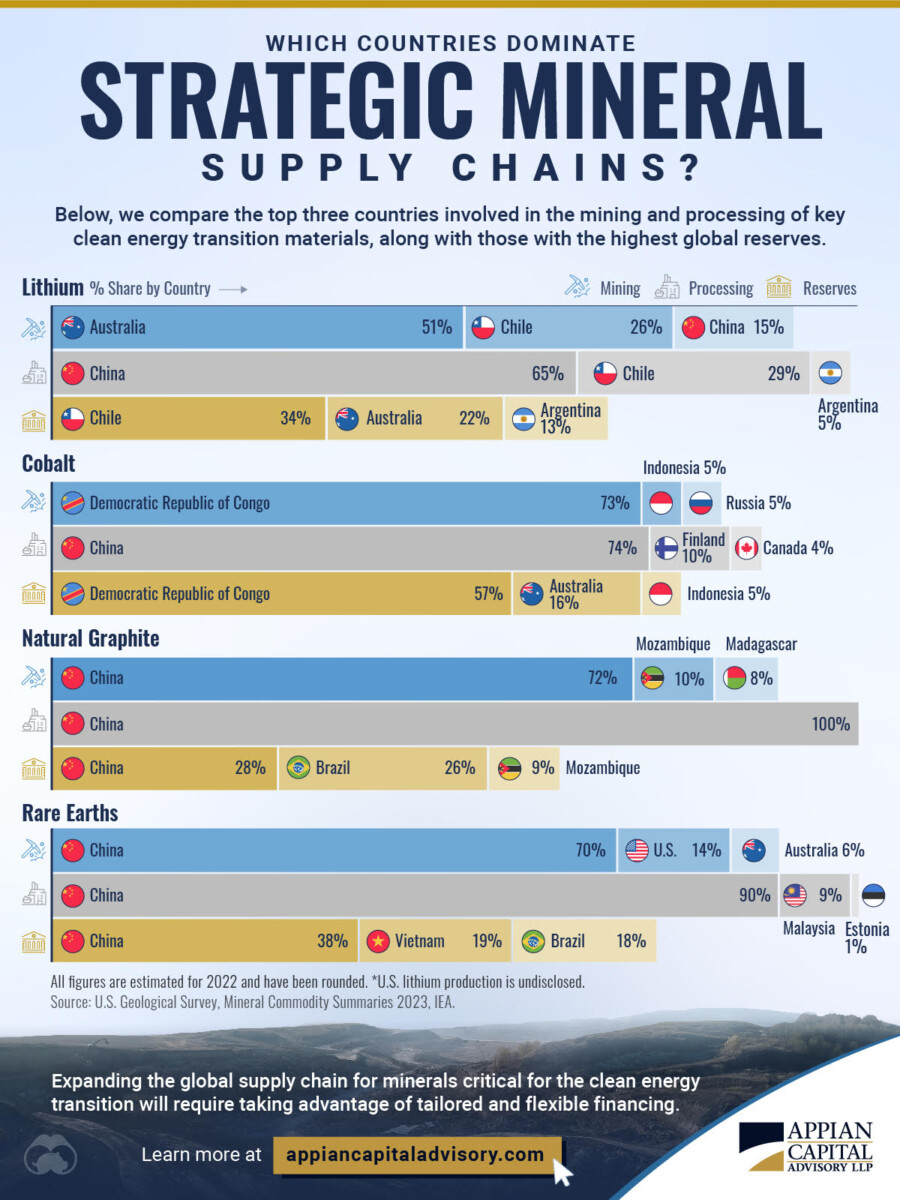Get Used to Losing Money
Is it the duty of the investor to lose money from time to time? If you want to build your nest egg to beat inflation, the answer is yes. The post Get Used to Losing Money appeared first on The White Coat Investor - Investing & Personal Finance for Doctors.

 By Dr. Jim Dahle, WCI Founder
By Dr. Jim Dahle, WCI FounderWarren Buffett's first rule of investing is “Don't lose money.” It's a wonderful maxim, kind of like, “Don't catch a falling knife.” I think it's bad advice, though. I think much better advice comes from a quote whose source I have been unable to find but it goes something like this:
“It is the duty of the investor to lose money from time to time.”
Now, “duty” may be too strong a word, but I think it's actually really important to lose money as an investor. If you're never losing money, you're not making as much as you possibly could.
‘You Don't Lose If You Don't Sell' Is Bunk
There's a school of thought out there that basically says if you don't sell, i.e. realize your loss, you haven't actually lost money. That's a load of crap. When your stocks or your investment property or your house or your bond fund goes down in value, you absolutely do lose money whether you sell it or not. Maybe it helps you to stay the course with your investment plan if you pretend that isn't true, but you're only deluding yourself.
More information here:
Why ‘You Don’t Lose Money Until You Sell’ Is Bunk
Losing Money Is Part of the Game
I've lost a lot of money in my lifetime as an investor. I've lost it on many occasions. I've had investments go to zero. I've tax-loss harvested six-figure losses on multiple occasions. I started paying attention to my investments and the value of my home and businesses relatively early, so I've lost all amounts of money. Three figures, four figures, five figures, six figures, seven figures. Maybe more. What does that mean? That just means I had money at risk.
By putting that money at risk, however, I've earned lots more money than I've ever lost. There's a parable in the Bible. It's lengthy, but I think it's worth reading in its entirety. It probably really isn't meant to be a financial lesson, but we're just going to look at it from a financial perspective.
“For the kingdom of heaven is as a man traveling into a far country, who called his own servants, and delivered unto them his goods. And unto one he gave five talents, to another two, and to another one; to every man according to his several ability; and straightway took his journey. Then he that had received the five talents went and traded with the same, and made them other five talents. And likewise he that had received two, he also gained other two. But he that had received one went and digged in the earth, and hid his lord’s money.
After a long time, the lord of those servants cometh, and reckoneth with them. And so he that had received five talents came and brought other five talents, saying, Lord, thou deliveredst unto me five talents: behold, I have gained beside them five talents more. His lord said unto him, Well done, thou good and faithful servant: thou hast been faithful over a few things, I will make thee ruler over many things: enter thou into the joy of thy lord. He also that had received two talents came and said, Lord, thou deliveredst unto me two talents: behold, I have gained two other talents beside them. His lord said unto him, Well done, good and faithful servant; thou hast been faithful over a few things, I will make thee ruler over many things: enter thou into the joy of thy lord.
Then he which had received the one talent came and said, Lord, I knew thee that thou art an hard man, reaping where thou hast not sown, and gathering where thou hast not strawed: And I was afraid, and went and hid thy talent in the earth: lo, there thou hast that is thine. His lord answered and said unto him, Thou wicked and slothful servant, thou knewest that I reap where I sowed not, and gather where I have not strawed: Thou oughtest therefore to have put my money to the exchangers, and then at my coming I should have received mine own with usury. Take therefore the talent from him, and give it unto him which hath 10 talents. For unto every one that hath shall be given, and he shall have abundance: but from him that hath not shall be taken away even that which he hath. And cast ye the unprofitable servant into outer darkness: there shall be weeping and gnashing of teeth.”
The key line in this parable, at least for our purposes today, is
“Thou oughtest therefore to have put my money [into the market], and then at my coming I should have received [my principal] with [interest].”
You're SUPPOSED to lose money. You're SUPPOSED to put money at risk. If you only ever invest in investments that won't go down in value (savings accounts, money market funds, I Bonds, CDs, whole life insurance (the cash value, not the premiums)), you're not going to earn enough to reach your financial goals. You may not even earn enough to beat inflation sometimes. You need your money to do some of the heavy lifting or you will need to maintain a savings rate of more than 50% for your entire 30-year career just to retire to the same standard of living you're at now. One of Jack Bogle's cardinal rules was “Invest You Must.” You have to invest, and for most investors, you have to invest most of your assets into risky investments like stocks, real estate, and small businesses you control.
We track our net worth each year. It generally goes up, sometimes by impressive percentages. The first year it went up by an infinite amount since it started at zero. The second year it went up by almost 4,000%, and it was 300% the year after that and 105% the year after that. Since then, it has gone up most years by anywhere from 17%-78%. The last couple of years? Not so much. In 2022, it went up only 2%—our savings barely overcame the drop in value of our investments. And in 2023, despite the investments doing great, our net worth dropped by 11% (WCI didn't have such a hot year financially and makes up a substantial part of our net worth).
Others have seen their net worth decrease at times, too. It might be a drop in the value of a major asset like a business or a home. Or there's a terrible investing year (especially after retirement when savings can't help cushion the blow). Divorce or disability can wreak havoc on a net worth, too. That's all part of taking risks. If you've set up your financial life such that your net worth cannot drop, it isn't ever going to get very big.
More information here:
Best Investment Portfolios — 150+ Portfolios Better Than Yours
The 15 Questions You Need to Answer to Build Your Investment Portfolio
Get Over Your Fear
I often run into WCIers who are so afraid to lose money it causes them to invest suboptimally. I want to change that mindset and those bad financial habits. It shows up when people come into a windfall and want to dollar cost average it. If they actually calculated the worst-case scenario, they would usually find it is fairly trivial. Their fear is irrational and silly. In other situations, it's paralysis by analysis. They're so afraid to make a mistake of commission (investing in the wrong thing or at the wrong time) that they make one of omission (not investing at all). Not making a decision IS making a decision.
Or they tell themselves something like:
- “I'll look for a better job next year” or
- “I'll ask for a raise next time” or
- “I'll figure out this Backdoor Roth IRA thing soon” or
- “I'm going to pay my cousin's college roommate 1.5% of my assets to put me into crummy loaded mutual funds because I'm afraid to learn how to manage money myself” or
- “I'll figure out what to do with my student loans when I have some extra money.”
It's fear. It's procrastination. It's a real problem. Education helps, but it takes more than just knowledge. Personal finance is 90% personal and 10% finance, 90% behavioral and 10% math. Get over your fears and get going. Phil Demuth, a psychologist turned investment advisor, was talking about asset allocation when he gave this advice, but it seems relevant to all of these topics (the bolding is mine):
“Even if risk tolerance existed and could be measured accurately, why would it be an important factor when considering how to invest? You should invest in the way that has the greatest prospect to fulfill your investment goals. That might mean taking more or less risk than you would prefer. If you are a sensitive soul who can brook no paper losses, the solution is to get a grip, not to invest ‘safely’ if that locks in running out of money when you are old.”
I understand that it hurts to lose money. Deferring gratification, not taking that big trip to Europe so you can put $25,000 more toward retirement, or skipping that kitchen remodel so you can put an extra $50,000 toward retirement and then watching that portfolio drop in value by $25,000 or $50,000 is really painful. But you've got to do it. And the sooner you get used to it, the sooner you will be a good investor.
Build a reasonable, diversified portfolio, fund it adequately, and stick with it through thick and thin. In a decade or two, you will see that your willingness to lose money resulted in you having far more money than you ever thought possible. You had to lose money, at least temporarily, in order to make money.
What do you think? How did it feel the first time you lost a significant amount of money? How about now when your portfolio takes a dive? What can novice investors do to get used to losing money?
The post Get Used to Losing Money appeared first on The White Coat Investor - Investing & Personal Finance for Doctors.










































![United’s CEO Led The Industry In Eliminating Change Fees — Then Quietly Raised One [Roundup]](https://viewfromthewing.com/wp-content/uploads/2025/02/20250218_134423.jpg?#)




































